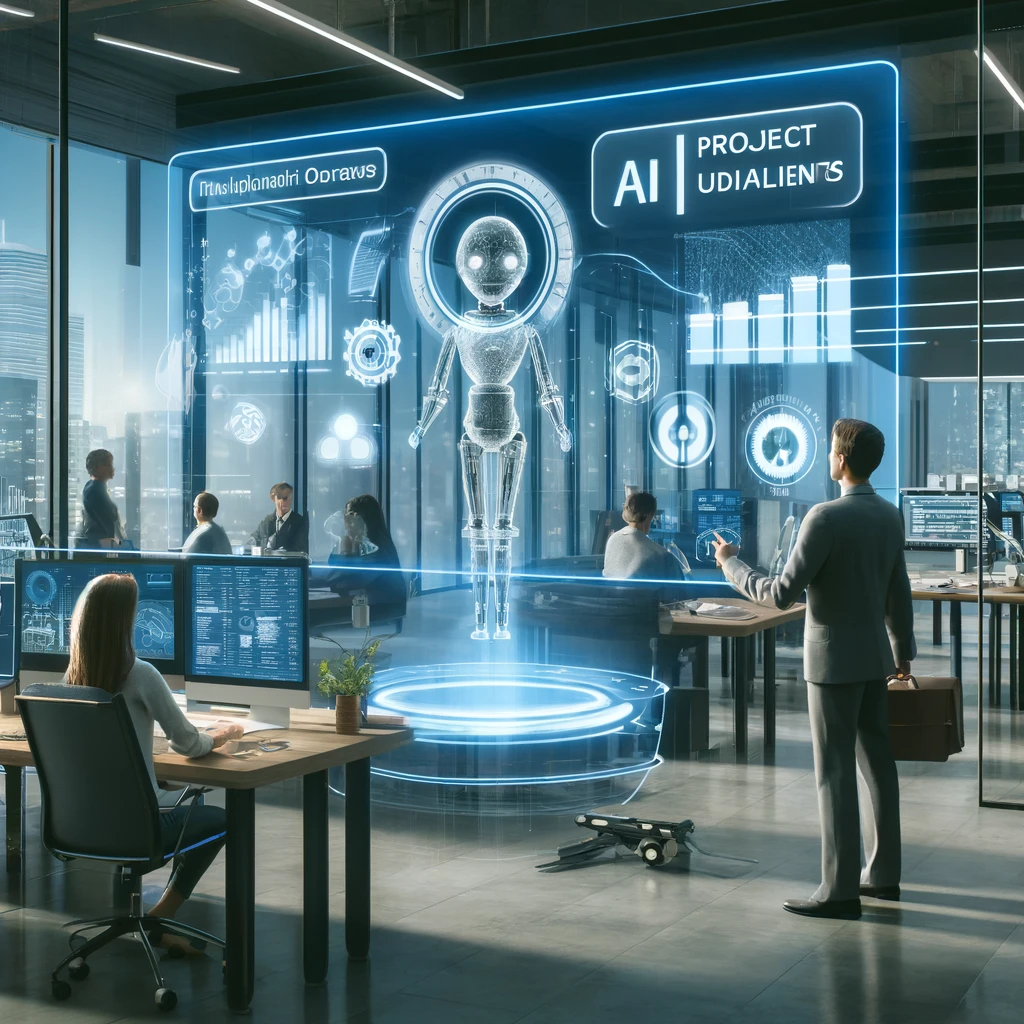Artificial Intelligence (AI) is rapidly transforming business operations across various sectors, offering a range of tools that enhance efficiency, accuracy, and strategic decision-making. As we move through 2024, the integration of AI in business operations is becoming more pervasive and sophisticated, with several key trends and applications emerging as pivotal for future growth.
AI in Project Management and Workflow Optimization
AI has revolutionized project management by automating routine tasks and providing predictive insights. Tools like Trello’s Butler, Asana Intelligence, and ClickUp’s AI features automate scheduling, refine workflows, and predict project challenges, allowing teams to focus on strategic tasks rather than administrative overhead. These AI enhancements enable project managers to optimize resource allocation, anticipate potential obstacles, and make more informed decisions, ultimately leading to improved project outcomes and increased efficiency (Techopedia).
Generative AI in Business Strategy and Operations
Generative AI, including models like GPT-4, has become a cornerstone in various business functions. According to PwC, 54% of companies have integrated generative AI in some capacity, leveraging its capabilities for tasks such as content creation, customer service, and data analysis. Generative AI’s ability to process and generate human-like text helps businesses create personalized marketing content, draft complex documents, and even automate customer interactions through advanced chatbots. The scalability and customization potential of generative AI mean it can be tailored to meet specific business needs, making it a versatile tool in the corporate toolkit (PwC).
AI in Customer Experience and Personalization
AI-driven tools are enhancing customer experiences by providing personalized interactions and recommendations. Platforms like Instagram are using AI to allow users to customize their content, creating more engaging and interactive experiences. This not only improves user satisfaction but also helps businesses gather valuable insights into consumer preferences and behavior. AI’s ability to analyze vast amounts of data enables businesses to predict customer needs and tailor their offerings accordingly, leading to higher customer retention and loyalty (Techopedia).
AI in Workforce Management and HR
AI is also making significant inroads in human resources and workforce management. AI-powered recruitment tools can sift through large volumes of applications, identifying the best candidates based on predefined criteria. However, businesses must be cautious of potential biases in AI algorithms and ensure these tools are used to complement human judgment rather than replace it. Additionally, AI can assist in employee training and development by identifying skill gaps and recommending personalized learning paths, thus fostering a more skilled and adaptable workforce (CIPD).
AI in Supply Chain and Logistics
In the realm of supply chain management, AI is enhancing efficiency by predicting demand, optimizing inventory, and improving delivery logistics. AI algorithms can analyze market trends and historical data to forecast demand more accurately, helping businesses maintain optimal inventory levels and reduce holding costs. Furthermore, AI-driven logistics platforms can optimize delivery routes, reducing fuel consumption and improving delivery times, thereby cutting costs and enhancing customer satisfaction (PwC).
Ethical Considerations and Challenges
While AI offers numerous benefits, it also presents ethical challenges that businesses must address. Issues such as data privacy, algorithmic bias, and the transparency of AI decision-making processes are critical. Companies must ensure they are using AI responsibly, adhering to ethical guidelines, and maintaining transparency with their customers and employees about how AI is being used. This includes implementing robust data governance frameworks and regularly auditing AI systems to identify and mitigate any biases or ethical concerns (CIPD).
The Future of AI in Business Operations
Looking ahead, AI is set to become even more integrated into business operations. The continuous advancements in AI technology, coupled with decreasing costs, will make AI tools more accessible to businesses of all sizes. As AI systems become more sophisticated, they will not only automate routine tasks but also augment human decision-making, leading to more strategic and informed business operations. Companies that can successfully integrate AI into their operations and adapt to its rapid evolution will likely gain a significant competitive advantage in the market (Techopedia).
In conclusion, AI is reshaping the future of business operations by enhancing efficiency, personalizing customer experiences, and optimizing resource management. As businesses continue to adopt and innovate with AI, they must also navigate the ethical and practical challenges to harness its full potential responsibly. The future of AI in business is not just about technological advancement but also about strategic adaptation and ethical governance.
Sources:

